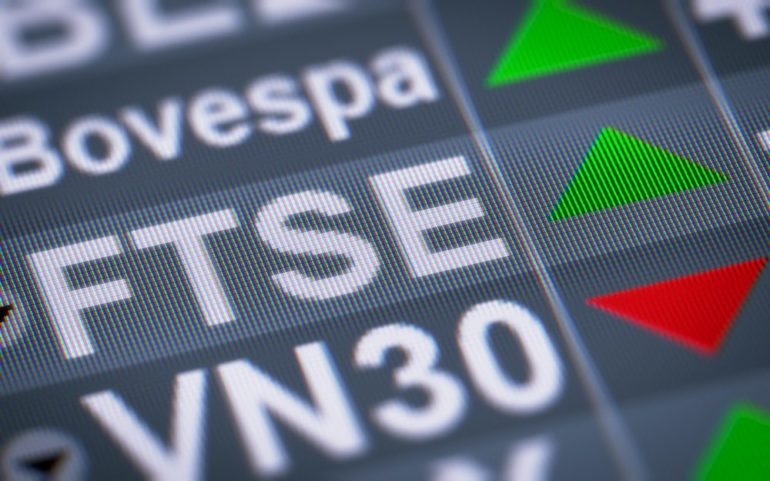The markets and risk go hand in hand. No matter where you invest your cash, if you put it in the markets then you have the chance to make this both grow and decline. Only a fool ignores this.
Yet there are levels of risk. In essence, you could say that the greater the risk the greater the potential reward but there is a happy medium to be found. You need to accept a level of risk that you’re happy with for a product that can still make your money go further.
With this in mind, it’s important to try to understand stock indices, what they show and how you could use index funds to suit your risk threshold.
What is a stock index?
As this stock index definition sets out, these are a group of shares that, when put together, offer an indication of the performance of a particular economy or sector.
They are the numbers quoted on the news since they offer a broad brush gauge of the health of the economy.
You’ll probably have heard of the FTSE 100 – which is a list of the 100 biggest companies listed on the London Stock Exchange. Other common indices include the Dow Jones Industrial Average, which is the top 30 firms on the New York Stock Exchange and the DAX, the top 30 firms on the Frankfurt Stock Exchange.
What do indices show us?
These indices are useful in two ways. They offer:
- A snapshot of the current state of the economy. This might, in turn, guide the confidence of investors in a particular country or region.
- A set of historical data to be able to see how stocks and shares have performed in the past.
At a base level, then, we can see how well an economy is performing and what, based on history, we might expect to happen next. That’s a goldmine of information for investors as they bid to make well-informed and sensible choices.
However, it is important to put this into context. For example, after the UK voted to leave the European Union the FTSE 100 index went up. Far from showing a strong economy, however, it merely reflected that many firms on this index held cash in dollars which were worth more as a result of the fall in the pound after the vote.
Using index funds to invest
It is possible, as Investopedia notes, to invest in products which track these stock indices. These are arms length products which automatically react to the ebb and flow of the markets and can deliver decent returns, especially for people who lack the expertise, or indeed time, to be able to do this for themselves.
Essentially this is the ‘playing it safe’ option and there’s nothing wrong with this.
However, it is important to note that these products can lack flexibility and don’t allow you to outperform the market and make serious gains. While this might be easier said than done it is, with the right risks, possible. While index funds should deliver steady returns, the bigger prizes are to be won through clever, alert and astute fund managers.


